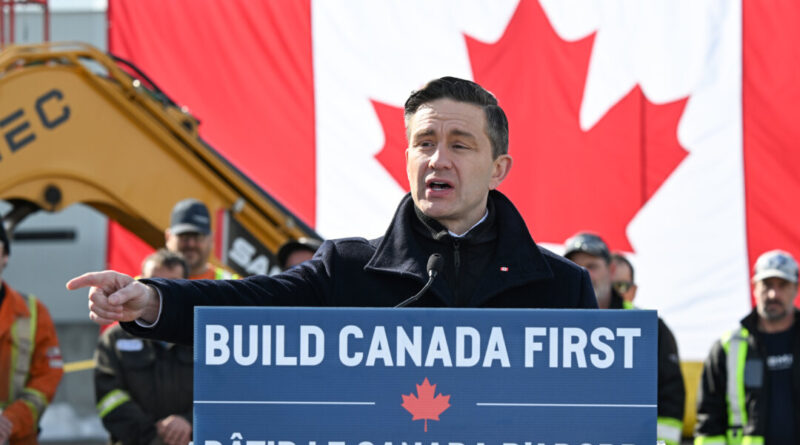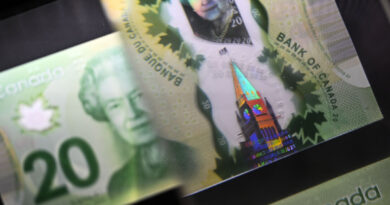Poilievre Vows to Boost TFSA Contribution Limit by $5,000, Linked to Investing in Canadian Businesses
Conservatives have committed to increasing the annual contribution limit for Canadians to their tax-free savings account (TFSA) by $5,000, specifically for investments in Canadian companies.
Conservative Leader Pierre Poilievre stated that the goal is to reward “patriotic Canadians who invest in Canadian businesses and contribute to our economy’s growth.”
If elected, the Tories plan to define what constitutes a Canadian investment within the tax system and create guidelines for financial institutions and advisors to determine eligible investments for the proposed “Canada First TFSA Top-Up.”
Currently, Canadians can contribute up to $7,000 annually to their TFSAs, allowing investments to grow tax-free without any money owed to the government upon withdrawal, unlike with a registered retirement savings plan (RRSP) account.
As per the latest data from the Canada Revenue Agency, nearly 18 million Canadians had a TFSA in the 2022 contribution year, with total contributions exceeding $94 billion and a total fair market value surpassing $500 billion.
“The Canada First TFSA is about boosting Canadian businesses, unleashing our economy, so that we can stand up to [U.S. President] Trump from a position of strength,” Poilievre said.
Poilievre mentioned during a campaign event on March 26 that he divested all foreign investments after Trump imposed tariffs on Canada.
“Upon President Trump’s threats to our economy, I liquidated my holdings in foreign markets and redirected my investments to Canadian companies and stocks. I repatriated my capital to this nation,” he stated.
Along with the TFSA proposal, Poilievre announced other tax-related commitments this week. They include reducing taxes for seniors to enable tax-free earnings of up to $34,000 (an increment of $10,000) and reducing the tax rate for the lowest income bracket from 15 percent to 12.75 percent.
The Conservatives also pledged to eliminate the GST on new homes priced under $1.3 million.
Liberal Leader Mark Carney also promised a tax reduction for the lowest income bracket by roughly 1 percent and eliminating the GST on new homes under $1 million.
Additionally, NDP Leader Jagmeet Singh proposed tax reforms like increasing the basic federal personal amount to $19,500 and reinstating a capital gains tax hike targeting the wealthiest individuals. He also plans to abolish the GST on essential items such as internet services and heating bills.
Party leaders have been emphasizing economic initiatives to support Canadians amidst challenges posed by the Trump administration.
Carney announced a $2 billion strategic fund on March 26 to assist the Canadian automobile industry and its workforce.
Later that day, the White House announced a 25 percent tariff effective April 2 on cars and vehicle components not produced in the U.S., impacting the integrated North American auto industry where parts cross the border multiple times before final assembly.
Poilievre criticized the “unwarranted” tariffs and suggested retaliatory measures to maximize pressure on the U.S. while minimizing repercussions on Canada.
Ottawa had already implemented retaliatory tariffs on U.S. goods valued at nearly $60 billion after Trump imposed two rounds of tariffs on Canada.





